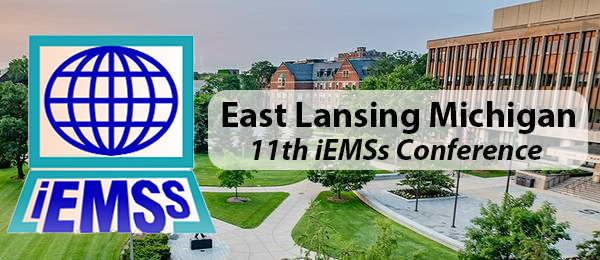Keywords
hydrological modelling; recruitment; interviews; school of thought
Start Date
7-7-2022 8:00 AM
End Date
7-7-2022 8:20 AM
Abstract
Hydrological models play a key role in contemporary hydrological scientific research, but more voices are expressing concern about the non-neutrality of models, representing particular interests. Still, this insight does not seem to lead to any changes in modelling practices. Based on interviews and an analysis of scientific hydrological vacancies it becomes clear that we actively, although perhaps unconsciously, maintain the status quo in modelling practices. 500+ scientific hydrological vacancies were analyzed, to evaluate whether the job description already prescribed which model must be used, and whether experience with a specific model was an asset. Of the analysed job positions, 69 to 76% involved at least some modelling. Of the PhD positions that involved any modelling, the model was already predetermined in 17-29% of the vacancy texts. For postdoc positions, this was between 22 and 30%. This means that these researchers are forced into a modelling straitjacket. From interviews with hydrological modellers, the large role of institutionalisation of modelling procedures became clear. As such, young researchers develop their modelling school of thought for a pre-defined model and with pre-defined modelling procedures. In this way, the current status quo is maintained. This is particular problematic when considering that most scientific progress is made when a diversity of opinions and epistemologies is present within the same research team. As such, we should actually actively recruit people with a different modelling school of thought, rather than to prescribe this already in the vacancy text.
We Maintain the Status Quo in Modelling
Hydrological models play a key role in contemporary hydrological scientific research, but more voices are expressing concern about the non-neutrality of models, representing particular interests. Still, this insight does not seem to lead to any changes in modelling practices. Based on interviews and an analysis of scientific hydrological vacancies it becomes clear that we actively, although perhaps unconsciously, maintain the status quo in modelling practices. 500+ scientific hydrological vacancies were analyzed, to evaluate whether the job description already prescribed which model must be used, and whether experience with a specific model was an asset. Of the analysed job positions, 69 to 76% involved at least some modelling. Of the PhD positions that involved any modelling, the model was already predetermined in 17-29% of the vacancy texts. For postdoc positions, this was between 22 and 30%. This means that these researchers are forced into a modelling straitjacket. From interviews with hydrological modellers, the large role of institutionalisation of modelling procedures became clear. As such, young researchers develop their modelling school of thought for a pre-defined model and with pre-defined modelling procedures. In this way, the current status quo is maintained. This is particular problematic when considering that most scientific progress is made when a diversity of opinions and epistemologies is present within the same research team. As such, we should actually actively recruit people with a different modelling school of thought, rather than to prescribe this already in the vacancy text.



Stream and Session
false